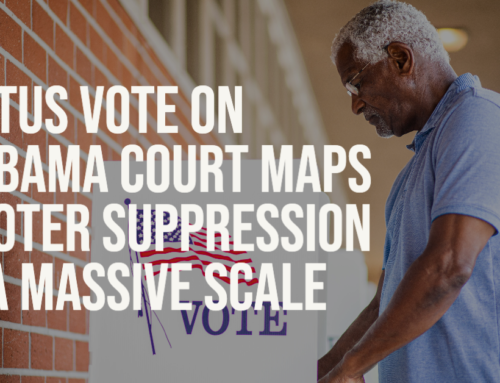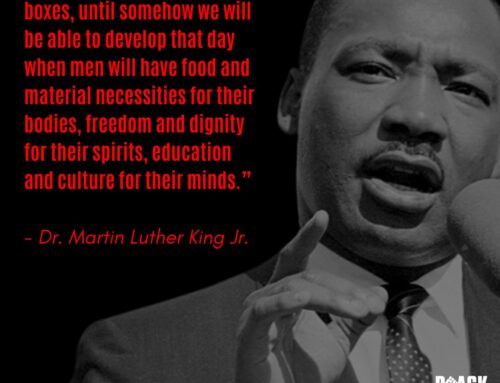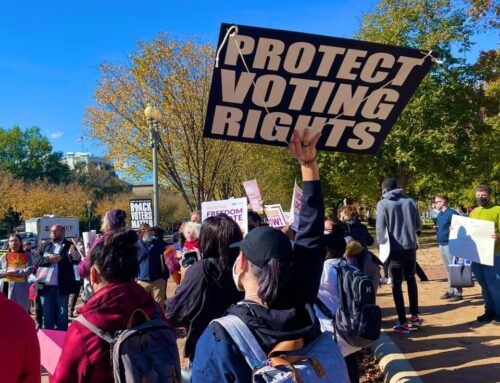She says she’s resting now, ahead of the general election push, but on Friday had already checked in by phone from her home in Hopkins, S.C., with about 10 prospective voters.
“I want you to tell me how many people you registered to vote,” she said. “We’ve got to have an agenda. I’m telling people: Write up five things you’d like to see.”
Scott wants her rural black community to get the services and resources it deserves and expects Biden to do what he has pledged.
“That’s what I want, for him to be fair and do what’s right by the people, and help people as a whole,” she said. “I want to have access to the White House.”
As the country is shaken by protests against racial injustice and a president whose racist remarks are contributing to his low approval ratings, black women are not just the country’s most consistent voters — they could be among the most coveted. Headed into November, several black women voters, organizers and activists say this could be the year they are finally valued — not just for their output, but for their input.
This election cycle is different, said Evette Dionne, author of “Lifting As We Climb: Black Women’s Battle for the Ballot Box.”
“A large part of that has to do with the literal moment we’re in, where you have a pandemic on top of this fight in the streets,” Dionne said. “Democratic politicians have long paid lip service to the idea that black women are their base. It seems they’re taking it seriously, for once.”





